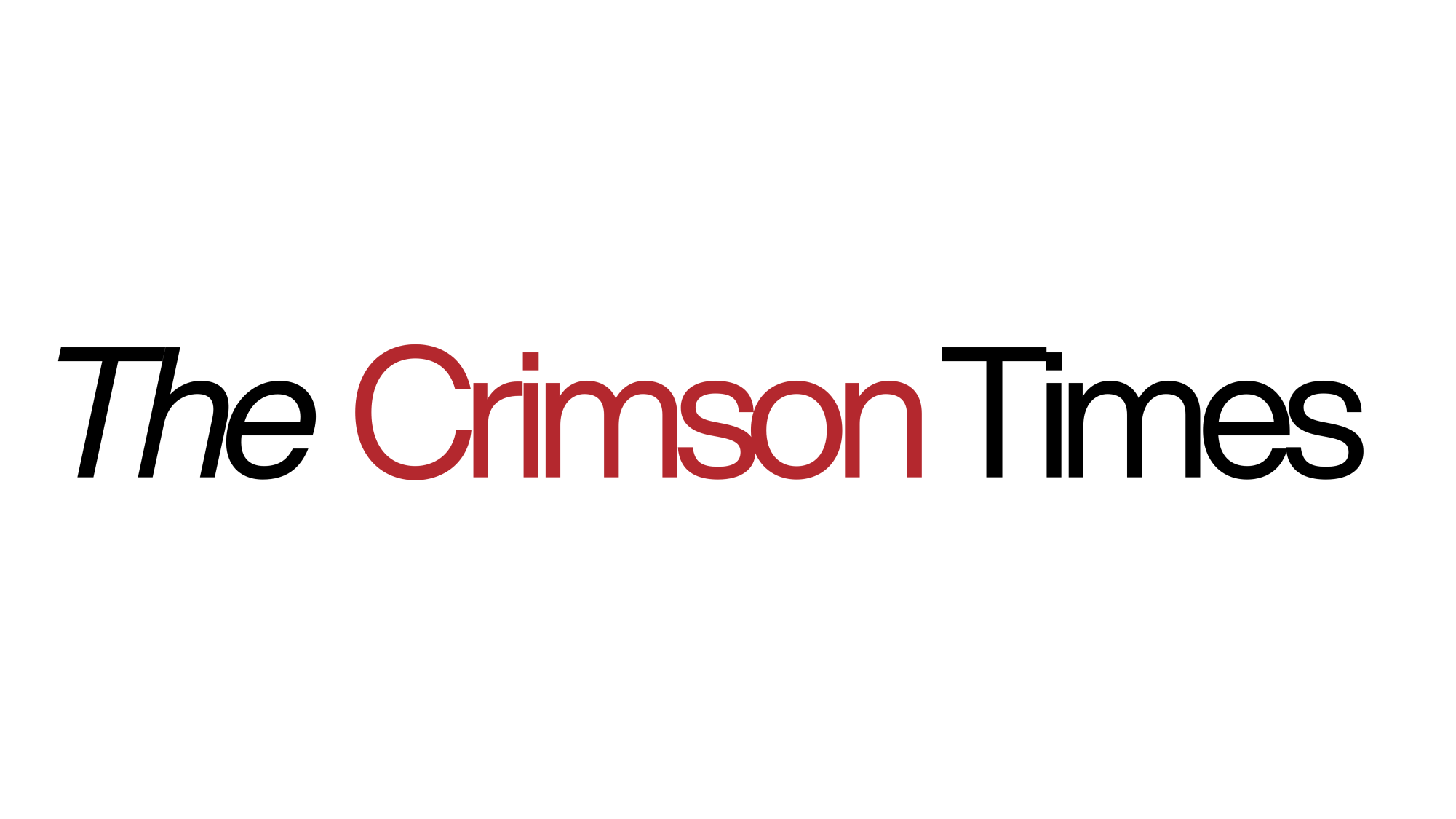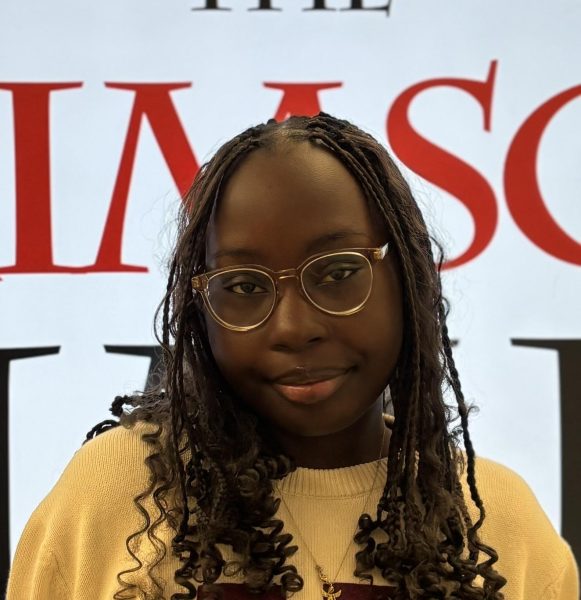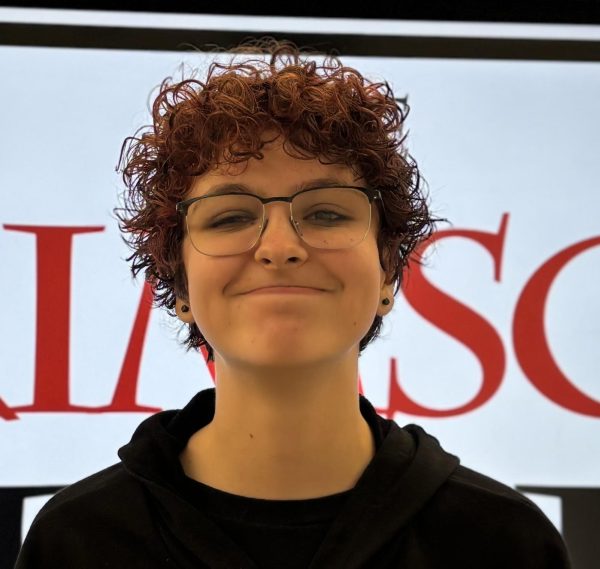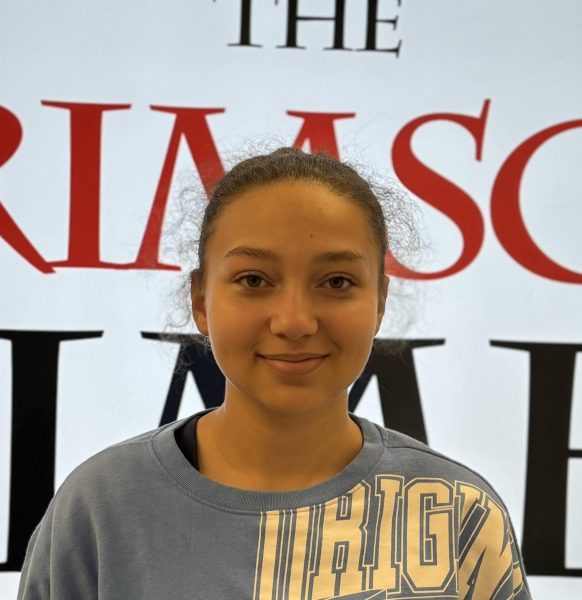Students have much to voice about this upcoming election.
On Nov. 4, students at Everett High School had the opportunity to participate in a mock presidential election organized by The Crimson Times. This activity allowed students to engage with the current political landscape and express their views on today’s presidential race.
Listed on the ballot were Kamala Harris (Democrat), Donald Trump (Republican), Jill Stein (Green), Cornel West (Independent) and Chase Oliver (Libertarian).
 Out of the 565 ballots cast, Harris emerged as the clear frontrunner and won the election with 56.3 percent of all votes (318 ballots), with Trump securing 35.4 percent of all votes (200 ballots). Stein and West were tied with 3.4 percent of votes (19) and Oliver with only 1.6 percent of votes (9).
Out of the 565 ballots cast, Harris emerged as the clear frontrunner and won the election with 56.3 percent of all votes (318 ballots), with Trump securing 35.4 percent of all votes (200 ballots). Stein and West were tied with 3.4 percent of votes (19) and Oliver with only 1.6 percent of votes (9).
Many students perceive Donald Trump as someone who will betray the foundation of this country’s morals and democracy. “I personally feel Trump is a bad fit because, ignoring the prejudice and literal criminality of his campaign, he’s still not a good fit for our country,” one student said.
On the other side of this political spectrum, some Republicans voiced their support for Trump while being able to acknowledge his shortcomings.
“Kamala doesn’t seem to be the best option in this election,” one student said. “I’m a Trump supporter but disagree with a few things such as his claim of the 2020 election being stolen or the Department of Education being removed and leaving it up to the states. I still think he is better than Kamala though, as Kamala is incompetent to say the least.”
Despite differences in their ballots, students both agreed that there were clear issues with “the immigration system”, and wanted “less discrimination”, as well as making politics “less connected to religion” and the debates “more logical and kind.”
Other students expressed their distaste for the current state of politics explaining that they would “change the way political debates take place today,” specifically how candidates “sort of mock each other and try to make fun of one another.” One student said they “wish politics and politicians were more open and direct about their intentions.”
“I would change the [amount] of propaganda,” another said. “[Political] runners tell too many lies to gain votes.”
This trend seemed to follow Harris supporters as well who may have been discontented with her political choices but ultimately came to the conclusion that they have been backed into a corner.
“I think that the most important thing to focus on this year is climate policies,” one student said. “The state of our climate is rapidly declining and we are past the point of no return. I would vote for Harris because she seems more likely to win over a smaller party and her climate policies are far better than Trump’s. If someone doesn’t do something soon, the future generations will be living in a deteriorated world full of pollution.”
Our team was also met with different topics of discussion, such as the current state of human rights. “I don’t get the government and [how] citizens [have] so many opinions on the female body,” someone said. “It’s none of the government’s business. They only need to make health care available and that’s it.”
A second student said, “I also don’t think human rights should be a debate. Every human should have equal rights and equal chance, no matter race, ethnicity, religion, gender, sex, sexual orientation, etc.”
Among the student body at Everett High School, the Democratic Party is the clear preference. Third-party options appear to draw limited support in comparison.
 The majority of voters were freshmen, who made up 35.7 percent of participants, followed by juniors at 30.4 percent, sophomores at 20 percent, and seniors at the tail end at 13.8 percent. Freshmen appear to feel more comfortable sharing their political opinions, wanting a space where they feel appreciated to voice their perspectives as they enter the political landscape.
The majority of voters were freshmen, who made up 35.7 percent of participants, followed by juniors at 30.4 percent, sophomores at 20 percent, and seniors at the tail end at 13.8 percent. Freshmen appear to feel more comfortable sharing their political opinions, wanting a space where they feel appreciated to voice their perspectives as they enter the political landscape.
The mock election results displayed that 71.6 percent of EHS’s student body that participated claimed to be U.S. citizens. Similarly, the majority of results from non-U.S. citizens (15.5 percent of the student population) were also primarily for the Democratic party. This shows that citizenship was not a largely contributing factor to what students at EHS voted for.
Something that also needs to be taken into account about the voters’ citizenship statuses is that some students who are not U.S. citizens may have felt that their vote would not have been taken seriously if they put “non-U.S. citizen” on their ballot. This means that the citizenship data may not be completely dependable or representative of the voters of EHS.
Mock election data revealed that the sexual orientation of students at EHS was a largely contributing factor for the candidate they voted for. This did not come as a surprise as poll data reveals year after year that non-heterosexual people lean more toward Democratic candidates and vice versa. The majority of votes overall (73.6 percent) came from heterosexual students.
The surprising aspect of the sexual orientation aspect of the polls was that the majority of heterosexual people still voted for Harris. This is surprising because a common assumption in politics is that heterosexual people lean more to the right just based on the idea they don’t have the same concerns as non-heterosexual people.
As for race, data from the mock election revealed that votes for Trump were dominated by white students. As for African American, Asian, and Hispanic students, votes leaned towards Harris. The race of students who voted for third parties were very diversified.
History education did not have a drastic impact on who students at EHS voted for in the mock election. However, there was a slight difference in education between the majority of Harris’ votes to Trump’s votes. Most students with a four-year history education voted for Harris in the mock election. Contrastingly, the majority of students with zero years of history education are also skewed towards Harris.








